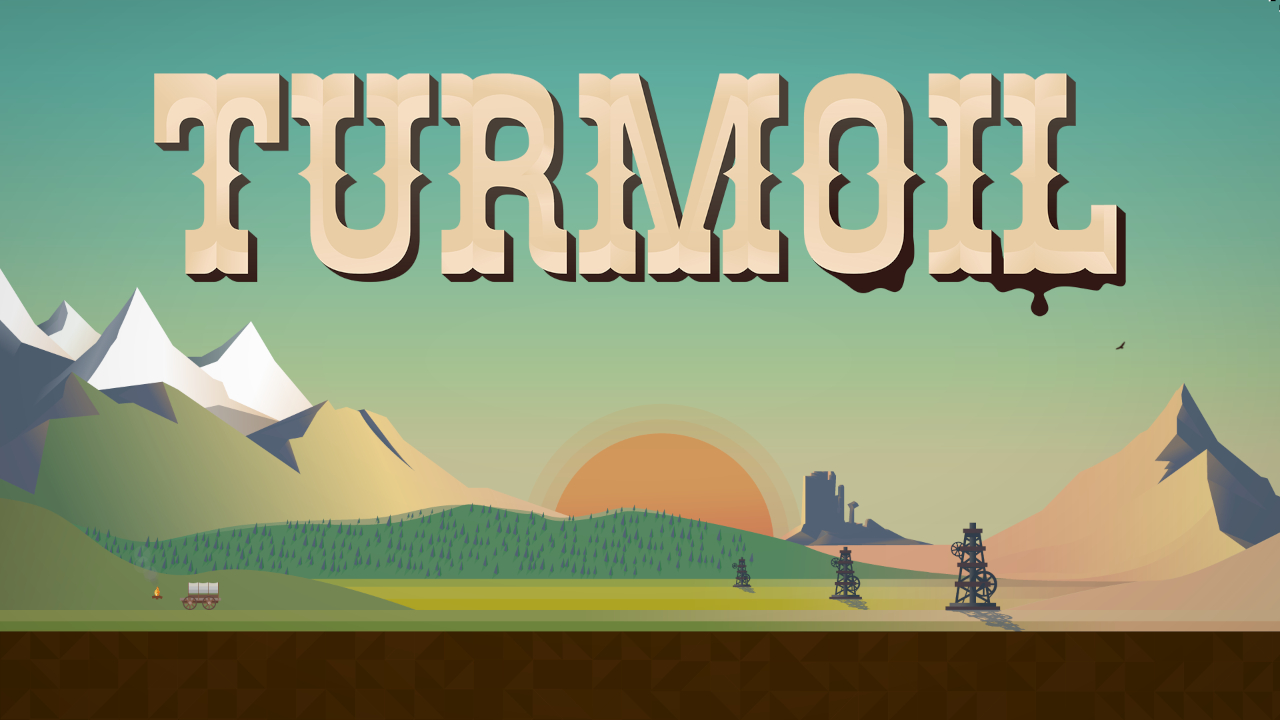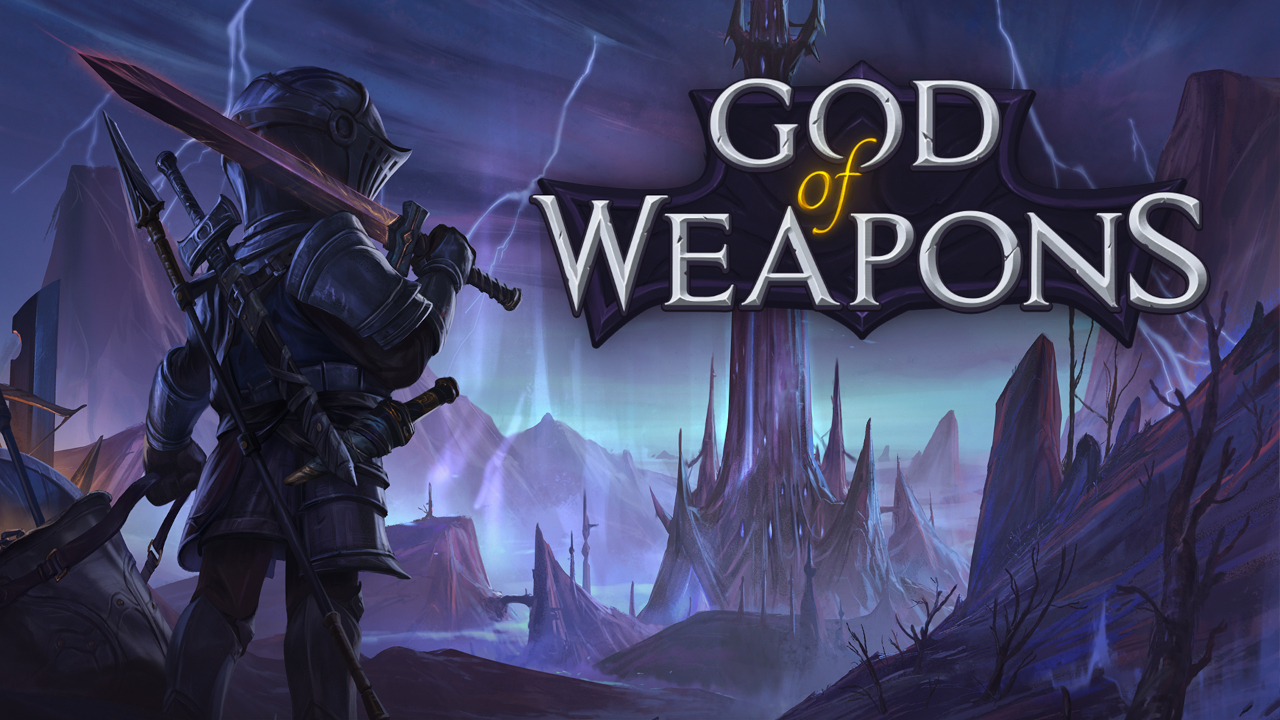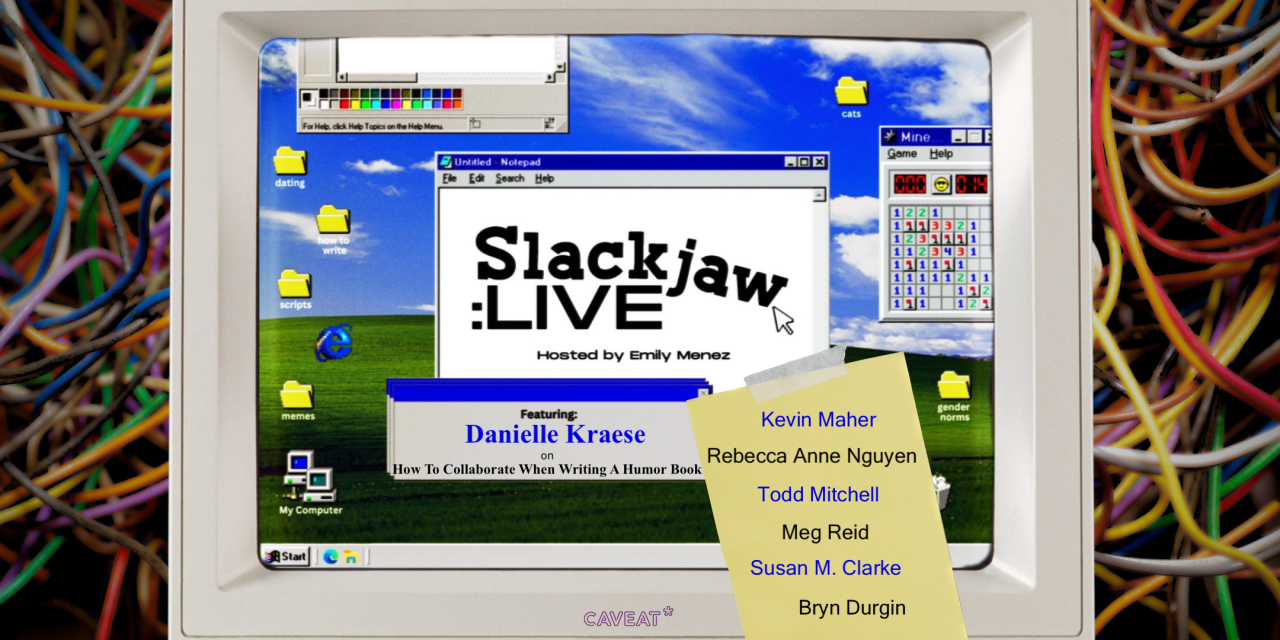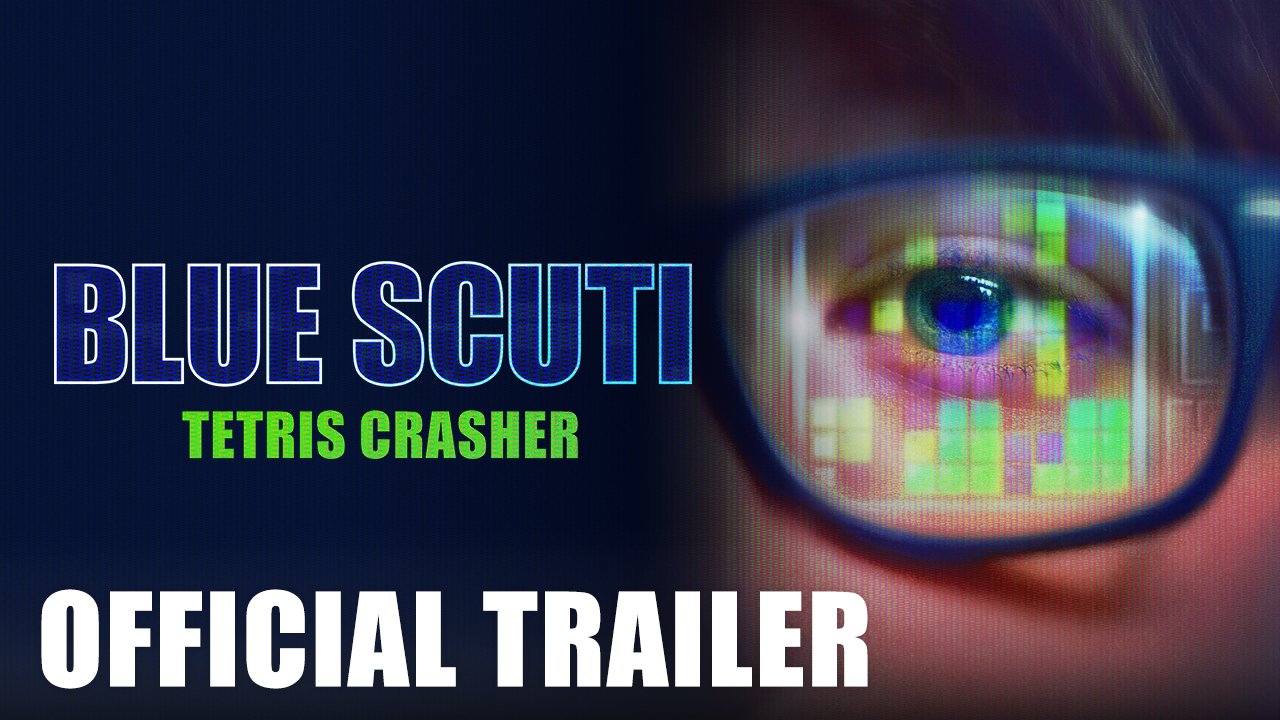Former RuneScape developer Chris Knowles discusses his time at Jagex, his design philosophy, and the one thing he refuses to do with his upcoming indie game.
Like becoming a rockstar or getting drafted into the NFL, the game industry grants precious few opportunities, and even fewer hopefuls survive in those roles for long. Within those veteran ranks exists a subset of industry pros like Chris Knowles who eventually grapple with the opposite problem: how long is too long?
When I dialed in to join Chris for a GameDev Breakdown podcast chat, he was in the process of settling into a new workspace fresh from a move. He’d found a place for his development hardware, his Warhammer gear, and Octavius, a crocheted creature his wife made and hid for him to find–it’s a running bit he occasionally posts to his Twitter feed. He’d just spent a day at EGX, checking in with friends and industry contacts made working at RuneScape developer Jagex since 2007. For the first time, he was visiting as an indie dev.
The transition was a big deal and didn’t occur overnight. After starting at Jagex, it took about 18 months of exemplary development on billing and support systems before the company agreed to try Chris out on game projects. Once in place, he put in about seven years on RuneScape’s engine team. Having released at the turn of the millennium, RuneScape had already been plugging along for nearly a full decade.
“You’ve got a big weight of legacy stuff that needs to keep on working,” he said of his days on the RuneScape team. “How quickly you can change directions is limited.”
Chris dutifully supported RuneScape’s systems through phase after phase of technical evolution. To appreciate the nature of the task, you have to know about the game’s branching paths, including when Jagex launched Old School RuneScape in 2013, a 2007 copy of the proper game which has since been governed by community vote.
This meant there were two games to update when the team wanted to set a higher standard for security. Part of RuneScape’s popularity, Chris says, was thanks to its playability in web browsers, courtesy of Java applets.
“Even if you were a little kid and your parents wouldn’t let you install games on your PC, you could get on and play RuneScape in your browser,” he says. “You could play it in the school library.”
Jagex wanted to maintain or increase ease of play while staying current with the times.
“We realized, oh, we’d better stop doing this,” Chris says of the old Java applet model. An HTML 5 port worked but didn’t perform up to expectations internally. In the end, the solution was a completely native C++ client for proper RuneScape, and an applet bundled with OpenJDK for Old School. Both versions of RuneScape have also been ported to mobile, resulting in a major resurgence of the game.
While he maintains a positive attitude about his time supporting creative teams through technical work, Chris was ready for more influence over games.
“People like to say the engine is kind of the heart of everything,” he told me. “But fundamentally, nobody’s paying for what the engine team is doing. People are paying for the content team.”
This may explain why he seems to recall his other projects at Jagex more fondly, where at least he created backend systems from the ground up. One of those games was a collectible card game called Chronicle: RuneScape Legends. It passed from Beta into official release in 2016, though Jagex only supported the title for about two years. Chris contributed to other projects including unannounced prototypes that, in some cases, Jagex discontinued prior to their announcement.
By the start of the pandemic, Chris was ready for new experiences. In 2019 he cut back to part time at Jagex and was experimenting with projects of his own as time allowed. He checked in with other studios in Cambridge, but despite his wealth of experience, he didn’t find a suitable new role.
“Those didn’t work out,” he recalls. “So I thought, right, I’m gonna go have a stab at the indie dream.”
Soon, Hexahedra was born.
Chris grew up in a household of sci-fi fans. He came up thinking of sci-fi as the default literary genre because both of his parents revered it, and that’s what adorned the family shelves. As soon as he went to school, he could type his name on the keyboard thanks to sitting on his father’s lap as a small child, helping him enter key commands while playing Elite.
“I love the idea of being an engineer because in all these old sci-fi books from like the 60s, y’know, engineers are the people who can just fix any problem,” Chris says. “I think that was really a big part of why I grew up the way I am.”
In this context, it’s no surprise that Chris dreamed up a programming puzzle game in which players design and optimize automated factories that create special cubes to meet various needs throughout the galaxy. It’s a perfect blend of his admiration for engineering and logic, his mastery of the fundamental concepts of programming, and his strong desire to focus on something different from the fantasy settings of his recent work.
While he cites several Zachtronics games as inspiration for Hexahedra, Chris also has sound reasoning for making exactly this kind of game: puzzle games tend to use fewer art resources and rely on great programming and design to maximize the experience.
“You get a lot of simple stuff out of quite simple elements,” he explains. “It’s an open-ended puzzle game, so rather than there being a puzzle where there’s one right answer, it’s here’s a factory, here are the tools you need to make the right stuff, off you go.”
The game then rates the player on efficiency and other goals.
The simple concept of Hexahedra still requires ambition in its execution. Chris is developing the game in Unity, but not entirely in the way you might imagine. All of the logic that goes into verifying a level solution lives inside a pure C# DLL separate from the engine that he can call using his signature backend systems like an upcoming stat server that will determine leaderboard standings, return performance graphs, and prevent cheating. It’s a bar many indies wouldn’t aim for, especially this early.
When it comes to design, Chris is well-versed on the expertise of designers that came before him. He readily quotes Zach Barth of Zachtronics in explaining how he structures tutorials and teaching in his game. He’s adamant about controlling feature creep, but he’s proud of how he created a game that allows for very neatly divided logic across the game’s factory features that allowed for experimentation and adjustment. We discussed the boundaries between puzzle games and pure simulation, and he cleanly came down on the side of the puzzle and game experience while showing appreciation for sim games that provided players with more relaxed experiences.
Chris has one hard scope limit for Hexahedra he refuses to cross.
“I’m not going to touch anything to do with multiplayer,” he says with determination. “That’s a stupid idea. I’m a one-man team. I know just how hard that is.”
Hexahedra isn’t without contributions from other specialists. Chris enlisted the help of a former Jagex colleague who had gone into freelance concept art, and pitches other work on a UK-based industry Slack channel that he says typically results in “high-quality responses.”
While he’s excited about a stronger age of remote collaboration following the pandemic, Chris was able to point to colleagues who’d worked on major projects remotely as far back as the 90s. The pro industry is unlikely to give up on decades of reliance on in-person workers, but the indie life is granting Chris the ability to work with great talents he’s never met. This is part of the reason he’s in crowdfunding to finish the game.
Early feedback for Hexahedra has been positive, partly thanks to the huge efforts Chris has put into building a community for players. He does regular dev streams on Twitch which he says serve both to keep him in touch with potential players and also to keep him focused.
“It’s useful for keeping me engaged,” he explains. “I can’t go and waste twenty minutes reading Reddit if people are watching me on the stream.” Chris also keeps in touch with active players on Discord where he takes inventory of suggestions and tries to address questions and issues as they come up.
We agreed that GameDev Twitter was okay in small doses, joking that it doesn’t help anyone but Steam to keep passing around the same $15 every time one of us releases a new game.
Thanks to the UK’s Insomnia LAN event, Hexahedra even earned some early press attention, like a May write-up on Alpha Beta Gamer. Chris says that iterative trailer work has done a lot of heavy lifting.
Chris makes it clear he isn’t going to get too weighed down in one fictional setting for too long again any time soon. He expects a period of prototyping when he’s ready to move on and mentions the foundations of an RPG he might like to explore, so a Hexahedra 2 probably isn’t next on the list.
“I’ve tried not to daydream too much, but yeah. I think I do very much enjoy being a solo indie,” he says of the experience so far. “I would like to be able to make games where I’m able to take freelancers and pay them to do even more things and make cooler stuff.”
Hexahedra has a playable demo on Steam and is part of a Kickstarter campaign collecting pledges until November 3rd. Chris Knowles shares game dev updates as @tarrenam on Twitter.






Leave a Reply